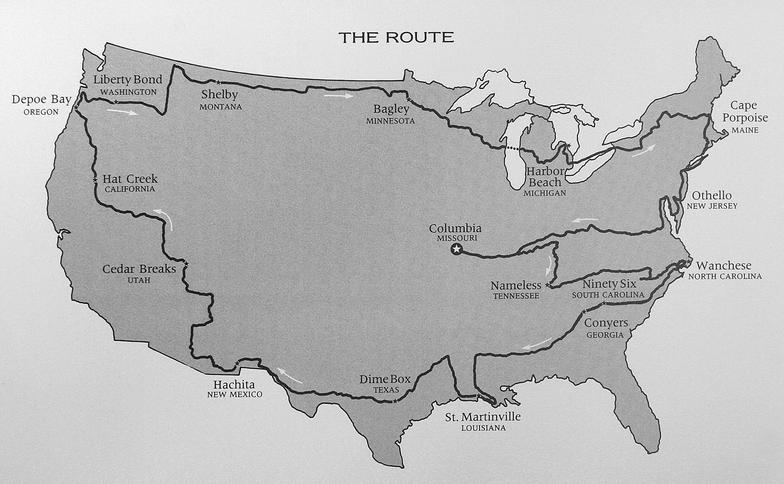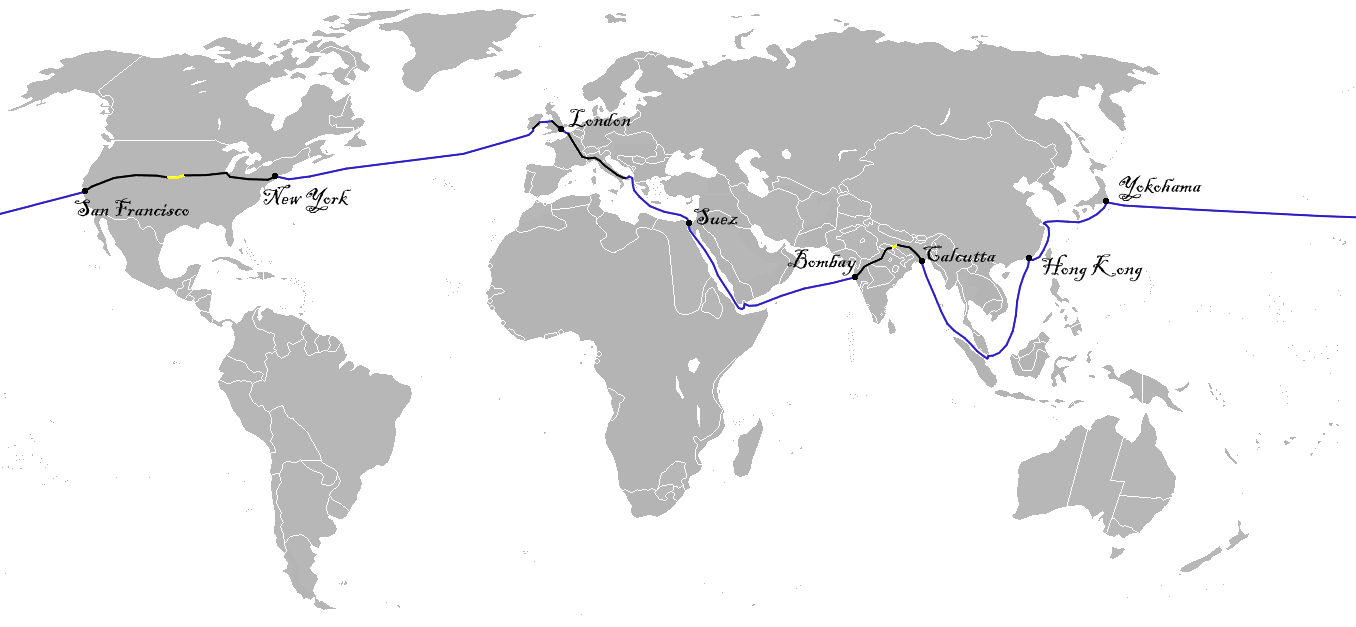Alright,
so, Moby Dick!
I
mentioned here how ecstatic I was to finally harpoon the great white whale that
has taunted me ever since 7th grade English. And now it’s time to actually
review the son-of-a-gun.
The
last thing I was expecting from this bad boy was that it would be laugh out
loud funny in parts, yet there I was, just a few pages in, and our narrator Ishmael
finds himself apoplectic that he has to share a bed with a heathenistic, cannibal
harpooneer, who against all odds becomes his best friend and shipmate. And Stub,
good grief! I could listen to the Pequod’s second mate talk to his crew all day
long. The man’s hilarious.
But
the book is more than just colorful. Melville builds mystery and bad omens into
the story from the beginning. The reader goes to sea with the same reservations
about the ship and its captain as Ishmael. It’s a well-spun yarn.
Now,
the most frequent criticism I’ve heard of Moby Dick is that it’s cumbersome.
Not just that it’s long, but that it’s full of meaningless tangential
information that doesn’t move the story forward. But after reading it, I’m
convinced that people who say this suffer from a general lack of curiosity.
Does
he dedicate entire sections of the book to whale taxonomy? Sure he does. Does
he mention every piece of art, and list every literary reference that touches
on whales, sea monsters and “leviathans” of all orders? You bet. Does he painstakingly
document the notorious generosity of
English and Dutch ships to other ships in the whaling trade, and uncover the
origin of the “crow’s nest” that adorned the ships of his day? Absolutely. But my question is, why don’t you want to know about
all of that? It interesting stuff.
If
you’re like me, you’re helplessly drawn to Wikipedia by any book you read-
fiction or non-fiction- because they open up new ideas, teach you new things and
fill in your paltry knowledge of the world around you. But hey, guess what, I
didn’t have to do that with Moby Dick
because Melville already did it for me.
His tangents were my tangents, his obscure whaling trivia, my obscure whaling
trivia. If that’s not your thing, bless your bored little heart.
Now,
I do have plenty of my own criticisms. How Ishmael forges a bond, and goes to
sea with Queequeg, and then fails to mention him for nearly the remainder of
the book. How he jumps from head to head like an omniscient narrator, even
though he’s just one of the shiphands. How the Pequod was able to track down
and encounter a single, solitary whale in the vast natural range of his species.
(Just take a look at that map- the blue isn’t just ocean, it’s the almost
limitless habitat of the sperm whale. Talk about a finding needle in a haystack!)
So yes, there were plenty of problems. And
yet… I enjoyed the hell out of it. It was a very pleasant surprise.






















